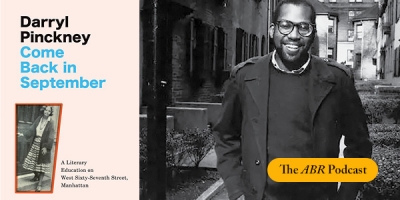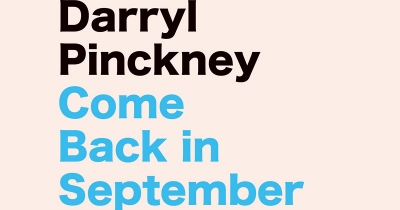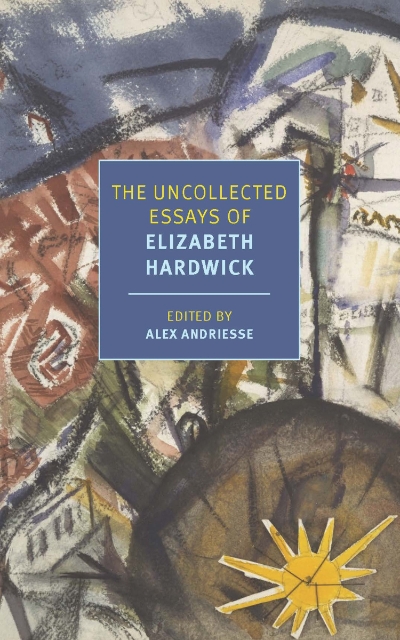Elizabeth Hardwick
Sign up to From the Archive and receive a new review to your inbox every Monday. Always free to read.
Recent:
This week’s podcast features a review from ABR Editor Peter Rose of Darryl Pinckney’s absorbing new memoir, Come Back in September: A literary education on West Sixty-Seventh Street, Manhattan. The book recounts Pinckney’s early years in New York and his unlikely friendship with Elizabeth Hardwick, the American literary critic, novelist and short-story writer.
... (read more)Come Back in September: A literary education on West Sixty-Seventh Street, Manhattan by Darryl Pinckney
by Peter Rose •
The Uncollected Essays of Elizabeth Hardwick edited by Alex Andriesse
by Michael Hofmann •
The Collected Essays of Elizabeth Hardwick edited by Darryl Pinckney
by Patrick McCaughey •





